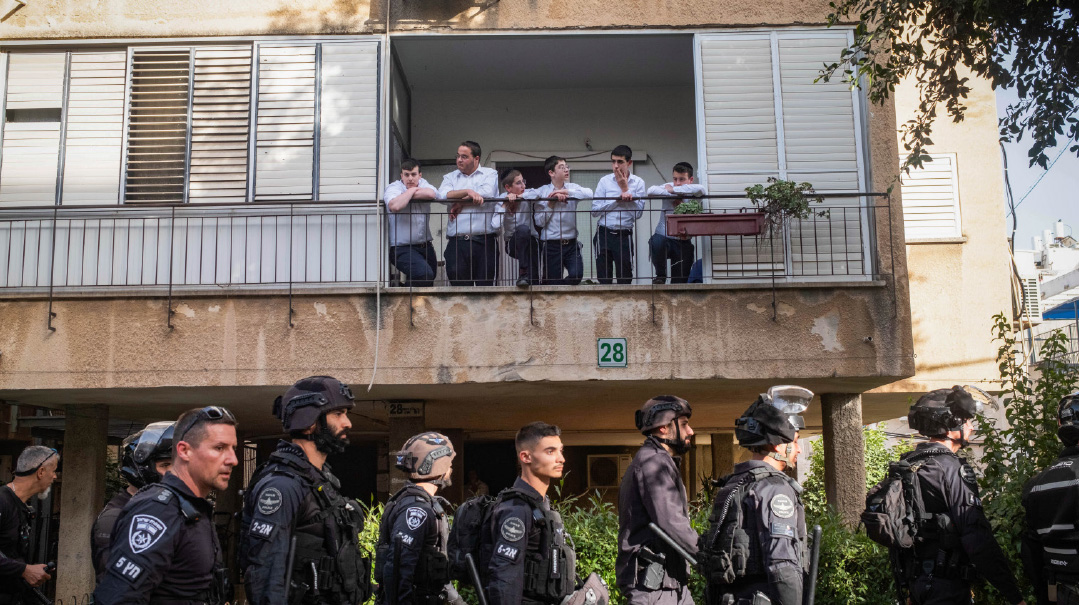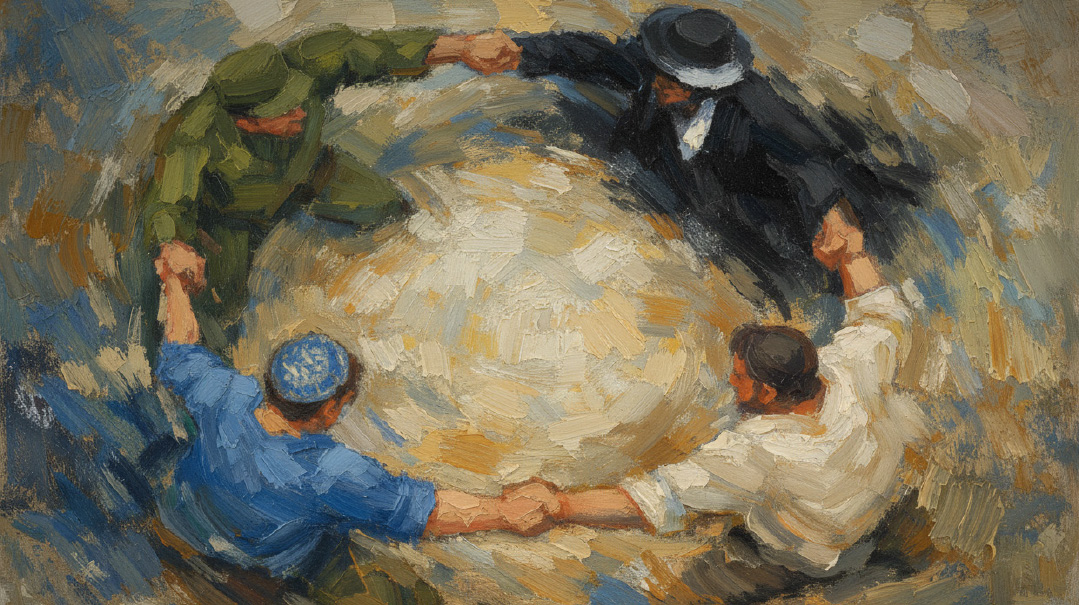Slow-Cooked

Lots of genres get richer and deeper when you can extend the pre-writing stage

We’re just emerging from the frenetic Yom Tov season. Here at the magazine, that means a lot of our writers and editors were running marathons, turning over material as quickly as humanly possible.
For all that we try to plan ahead, the Yom Tov production schedule is always crushing, and the creative process gets very condensed, with material written, edited, and processed at double-speed. Interview-transcript-first draft-second draft-edit-proof may all happen within 48 hours.
Now that we’re settling into a different mode, I hope our writers will be able to do some “slow-cooking” again.
What does that mean in writing terms? It means you do the interview or live the experience, file it away — and don’t write it. At least not yet.
True, there is a real risk that you will lose some of the colors and contours of the encounter if you don’t immediately capture it in words. But the potential benefits can be game-changing.
Quick-fried or grilled food is fresh and fast. The exterior gets a nice crust, while the interior is soft and just-about done. Slow-cooked dishes, in contrast, tend to be more robust and developed, with nuances and layers of texture and taste. The difference is not just the cooking method, heat, or spices — it’s also the magic of time.
When you slow-cook a writing kernel, you keep it in the back of your mind while going about your day. You don’t give it too much attention or focus. I once read a book of writing tips (I wish I could remember the title and author) that described this stage as “pre-writing.”
If you’re a fiction writer, you’ll know that during the off-hours — when you’re sitting in traffic or going out for lunch or waiting at the doctor’s office — you will find your characters accompanying you, suggesting new lines or twists to the plot you have outlined at home.
But it’s not only fiction that benefits from pre-writing. Opinion pieces, longform features, personal musings — lots of genres get richer and deeper when you can extend the pre-writing stage. I know that sometimes I’ll meet a person or have an unusual experience, then tell myself, This is going to become a piece one day. But I don’t run home and type it up. I let it simmer somewhere beyond my mind’s eye.
When I follow this process, I’m surprised by the ready phrases, images, and descriptions that jump to my fingers once I’m finally ready to start typing. They come not because of a great facility with words, but because of all the weeks my piece was cooking on the back burner, gaining flavor and form while I did the million other things on my to-do lists.
C
an you do this for all writing? No. Deadlines are real and often you have to turn over a piece quickly. When the time frame is tight, you can’t use the slow cooker. Instead you take out your literary equivalent of a pressure cooker or grill — amp up the caffeine, stay up most of the night, summon all your strength and knowledge of the subject, and get working with whatever you have. Davening is crucial here too; there is no way you will succeed without a lot of Divine aid.
Then you pour whatever flavor and spice you have onto your material, wrap it up with a good crust, and hope the interior is meaty enough, if a bit raw, to satisfy readers.
The results can often be good; adrenaline is a real thing. Plus, pressure and creativity make for a good shidduch.
But if you can afford the luxury of the slower simmer, try it. Take in that experience, commit it to memory (or some very basic notes), and then allow your subconscious to replay it, relive it, process and analyze it over the coming weeks. Let the flavor build while you do other things. Then, when the aroma fills the house — when your piece is so developed you can just about taste it — open up a new document and ladle it out.
—Shoshana Friedman
Managing Editor
(Originally featured in Mishpacha, Issue 932.
Oops! We could not locate your form.







